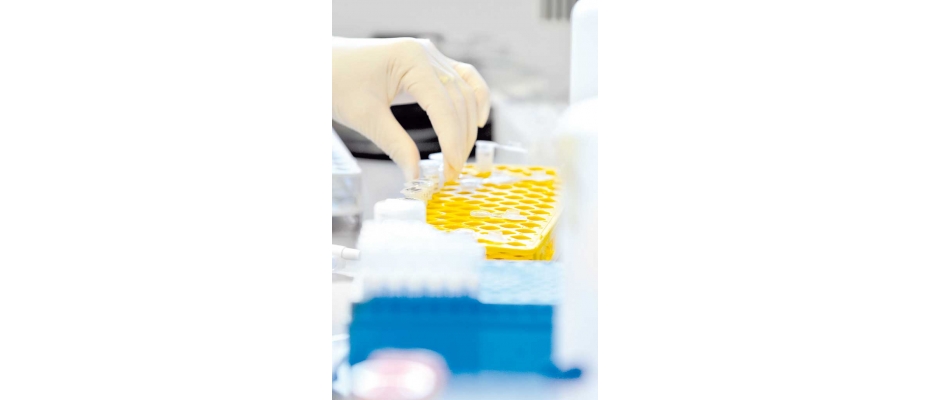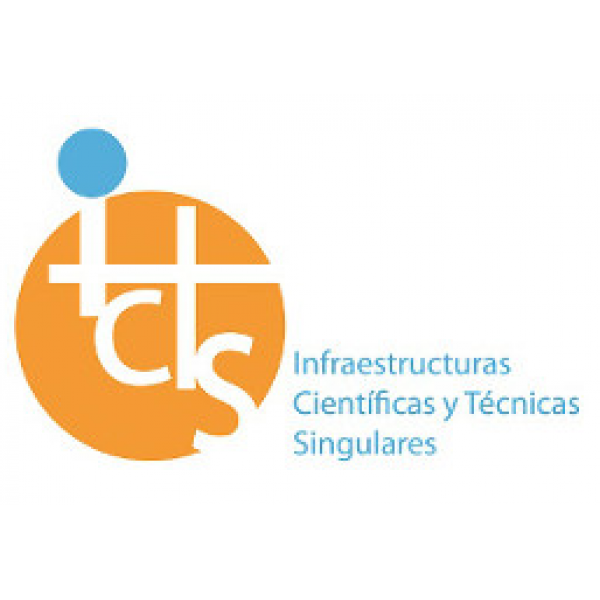
European scientists, led by researchers from the Faculty of Medicine of the University of Geneva (UNIGE) in the context of the GEUVADIS project, today present a map that points to the genetic causes of differences between people. The study, published in Nature and Nature Biotechnology, offers the largest-ever dataset linking human genomes to gene activity at the level of RNA.
The GEUVADIS (Genetic European Variation in health and Disease) project, funded by the European Commission’s FP7 programme, is coordinated by Xavier Estivill, a group leader at the Centre for Genomic Regulation (CRG) in Barcelona. Scientists from the CNAG and the University of Santiago (USC) also contributed to the work.
Understanding how each person’s unique genome makes them more or less susceptible to disease is one of the biggest challenges in science today. Geneticists study how different genetic profiles affect whether certain genes are turned on or off in different people, which could be the cause of a number of genetic disorders.
Largest-ever human RNA sequencing study
The study, conducted by over 50 scientists from nine European institutes, measured gene activity (i.e. gene expression) by sequencing RNA in human cells from 462 individuals, whose full genome sequences had already been published as part of the 1000 Genomes Project. This study adds a functional interpretation to the most important catalogue of human genomes.
"The richness of genetic variation that affects the regulation of most of our genes surprised us," says study coordinator Tuuli Lappalainen, previously at UNIGE and now at Stanford University. "It is important that we figure out the general laws of how the human genome works, rather than just delving into individual genes." The biological discovery was enabled by a staggering amount of RNA data from multiple human populations.
A boost for personalised medicine
Knowing which genetic variants are responsible for differences in gene activity among individuals can give powerful clues for diagnosis, prognosis and intervention of different diseases. Senior author Emmanouil Dermitzakis, a Louis Jeantet Professor at UNIGE who led the study, emphasises that today’s study has profound implications for genomic medicine.
"Understanding the cellular effects of disease-predisposing variants helps us understand causal mechanisms of disease," Dr. Dermitzakis points out. "This is essential for developing treatments in the future."
"Today’s results link genome variability at the structural level with gene expression profiles. This work paves the way towards the study of gene function based on information contained in RNA and its population variants", says Xavier Estivill, coordinator of the GEUVADIS project and leader of the Spanish contribution to this study.
A rich data resource for genetics community
All the data of the study are freely available though the ArrayExpress functional genomics archive at EMBL-EBI. Open access to data and results allows independent researchers to explore and re-analyse the data in different ways.
"We have created a valuable resource for the international human genomics community," says Dr. Estivill. "It will allow scientist to tackle research projects ranging from determining specific functions of a single gene to mapping complex relationships between genes and physiological traits in humans. We hope that today’s publication will facilitate the exchange of additional data and enable us to progress rapidly in linking gene expression with disease."
Spanish contribution
In addition to coordinating the GEUVADIS Consortium, CRG scientists Xavier Estivill and Roderic Guigó lead the Spanish contribution to this particular study. Their lab members Marc Friedlander, Michael Sammeth, Pedro Ferreira and Ester Lizano prepared sequencing libraries and performed the bioinformatics analysis of the RNA data. This included a special pipeline of analysis for micro RNAs, which have a key role in regulating the expression of most genes. The scientific project manager for GEUVADIS, Gabrielle Bertier, also at the CRG, implemented an efficient data exchange and communication strategy between all researchers. At the CNAG Ivo Gut led the contribution to the study, Katja Kahlem and Marta Gut performed sequencing and Michael Sammeth, Thasso Griebel, Paolo Ribeca and Sergi Beltran did the bioinformatics analysis. Finally, Angel Carracedo (USC) prepared cell lines for experimental studies.
According to Ivo Gut, "This work demonstrates that using well defined and standardized laboratory procedures, RNA analysis projects can be done across different sequencing centers. This breaks a long-held belief that such experiment need to be done on one site at one time and that results from different studies are difficult or impossible to compare."
Works of reference:
Transcriptome and genome sequencing uncovers functional variation in humans
Reproducibility of high-throughput mRNA and small RNA sequencing across laboratories










